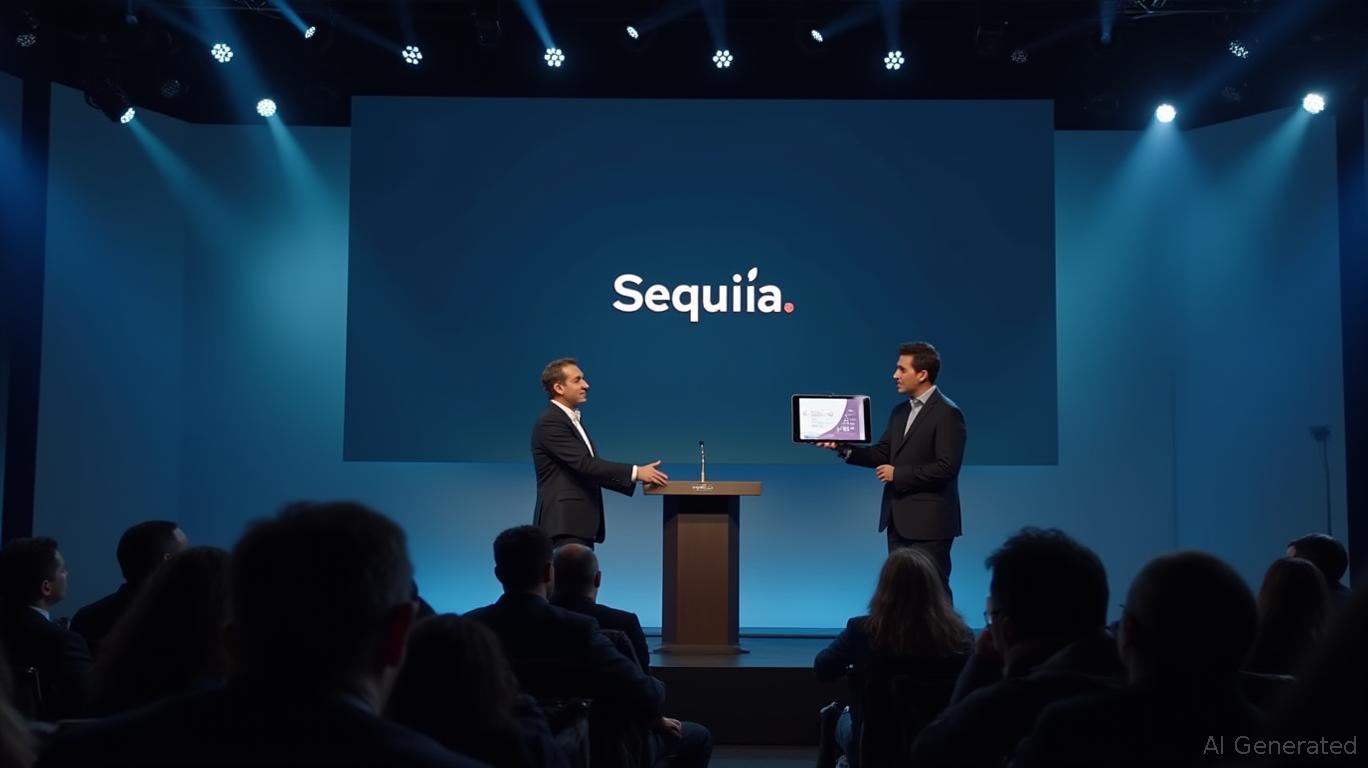Advisers Utilize Adaptive ETF Strategies to Address Volatility in Emerging Markets
- FPI launches FlexDirex, a dynamic ETF platform using leveraged/inverse strategies to manage emerging market volatility for investors. - Allspring's Emerging Markets fund targets resilient companies like TSMC and Tencent, outperforming benchmarks through active management. - Experts emphasize systematic risk mitigation and long-term investing over market timing to navigate geopolitical/economic uncertainties. - Dynamic tools and active strategies are expanding in emerging markets, prioritizing disciplined
Financial firms and asset managers are increasingly adopting advanced solutions to manage risks in turbulent markets, especially in developing regions where political and economic instability can intensify volatility. Flexible Plan Investments Ltd. (FPI) has launched

The introduction of FlexDirex highlights a growing movement in the industry toward adaptive risk management, particularly as investors face ongoing market turbulence. For example, FPI’s Tech Plus strategy seeks to match the volatility of the Nasdaq 100 by blending stock exposure with short-term bond ETFs and applying proprietary volatility analysis, according to a PR Newswire announcement. The Focused Core strategy, on the other hand, spreads investments across multiple sectors and systematically rebalances to maintain a mix of growth and stability. These methods are consistent with widely recommended investment principles that favor long-term planning over short-term speculation, as outlined in an
Controlling volatility remains a persistent issue, especially in emerging markets where economic and political developments can cause significant fluctuations. The Allspring Emerging Markets Equity Advantage Fund, for instance, takes an active approach to capitalize on market inefficiencies, concentrating on companies with robust cash flow and sustainable growth, according to an
Industry professionals emphasize that while volatility can be unsettling, it often benefits investors who remain patient and strategic. Historical trends reveal that missing out on the market’s best-performing days—often occurring near market lows—can have a more negative impact on returns than simply avoiding declines, as highlighted in the Empower guide. This underscores the importance of systematic strategies like those from FlexDirex and Allspring, which strive to achieve growth while managing risk.
As interest in emerging markets grows, the use of adaptive tools and active management is expected to become more widespread. For investors, the main message is clear: enduring market swings, utilizing professional strategies, and maintaining a long-term perspective are essential for navigating uncertain markets.
Disclaimer: The content of this article solely reflects the author's opinion and does not represent the platform in any capacity. This article is not intended to serve as a reference for making investment decisions.
You may also like
Bitcoin News Today: "Large Investor Moves Indicate Crypto Market's 'Intense Fear' Could Precede a Rebound"
- Crypto whales and institutional traders are accumulating $19.94M in BTC and $18.71M in ETH via leveraged longs despite market declines. - Crypto Fear & Greed Index hit record low of 21, reflecting extreme panic among retail and institutional investors since October 30. - Bitcoin faces critical $108,000 support level, with technical analysis showing potential for $104k decline or $114k rebound by mid-November. - Market dynamics show institutional optimism contrasting retail fear, with whale activity seen

Victim Compensation Does Not Excuse Criminal Acts, Judges Inform SBF
- Sam Bankman-Fried’s legal team faces uphill battle as appeals judges question claims of unfair trial and lack of fraud intent. - Judges dismiss defense arguments, noting SBF admitted not relying on legal advice during FTX fund transfers. - Court rejects post-trial repayment claims, emphasizing criminal liability persists despite 90% customer fund recovery. - Case sets precedent for crypto accountability, with appeals unlikely to succeed without procedural errors.

Sequoia's Change in Leadership: Will Advancements in AI Help Restore Broken Trust?
- Sequoia Capital's Roelof Botha steps down amid reputational crises, ceding leadership to Alfred Lin and Pat Grady during strategic recalibration. - The transition follows Islamophobic controversy, COO's exit, and a $200M FTX loss, prompting cultural and financial restructuring efforts. - New leaders prioritize trust restoration via a $950M AI fund targeting disruptive startups, signaling a return to U.S.-centric operations and ethical accountability. - The shift reflects industry-wide adaptation to geopo

Solana News Update: Mutuum Finance's DeFi Strategy: Balancing Stability Against Shiba Inu's Fluctuations
- Mutuum Finance (MUTM) raises $18.27M in presale with 80% completion, targeting $0.06 launch price for 400% potential gains. - Project combines Solana's utility-driven growth with SHIB's viral appeal via dual-lending model and automated risk management protocols. - CertiK audit (90/100) and $50K bug bounty address DeFi security risks, while buy-and-distribute mechanism boosts token value retention. - Whale investments and structured tokenomics (45.5% presale allocation) signal institutional confidence ahe
